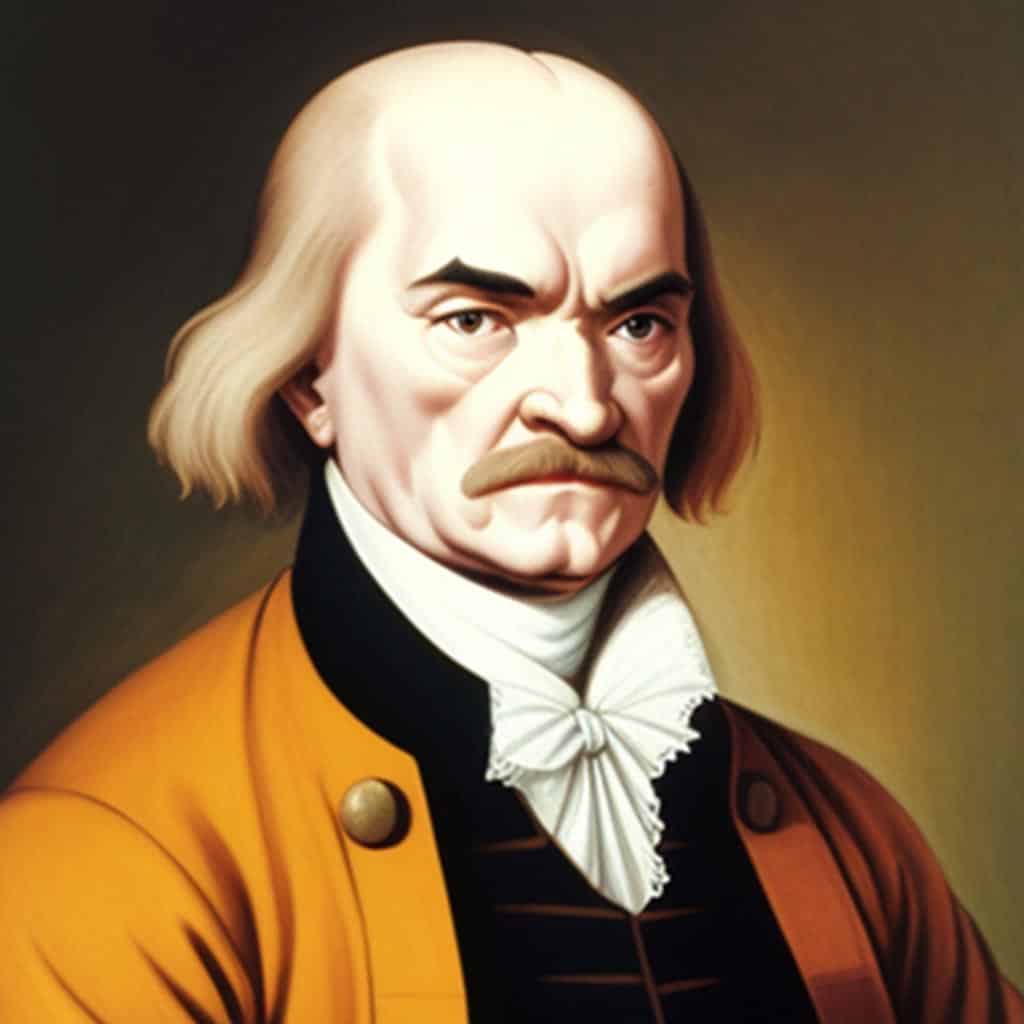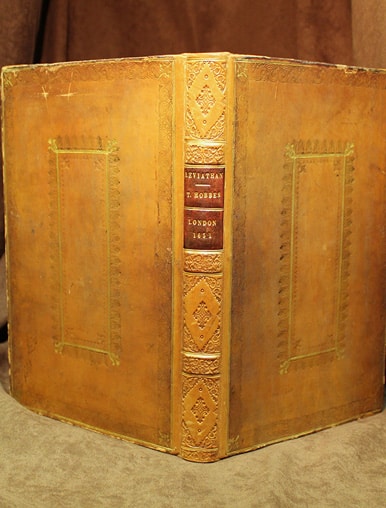REMNANT TRUST COLLECTION
Thomas Hobbes

“By liberty is understood, according to the proper signification of the word, the absence of external impediments; which impediments may oft take away part of a man’s power to do what he would, but cannot hinder him from using the power left him according as his judgement and reason shall dictate to him.”
– Hobbes
b. 1588 CE – d. 1679 CE
Thomas Hobbes, English philosopher, is best known for his political thought. He is the founding father of modern political philosophy. Directly or indirectly, he has set the terms of debate about the fundamentals of political life right into our own times. Few have liked his thesis, that the problems of political life mean that a society should accept an unaccountable sovereign as its sole political authority.
Hobbes makes very strong claims about the proper relation between religion and politics. He was not (as many have charged) an atheist, but he was deadly serious in insisting that theological disputes should be kept out of politics. For Hobbes, the sovereign should determine the proper forms of religious worship, and citizens never have duties to God that override their duty to obey political authority. Hobbes insists that terms be clearly defined and relate to actual concrete experiences – part of his empiricism.
Hobbes approves a mechanistic view of science and knowledge, one that models itself very much on the clarity and deductive power exhibited in proofs in geometry. It is fair to say that this a priori account of science has found little favor since Hobbes’ time. Hobbes believes the specific error about liberty that has caused all the trouble is the belief that freedom is a matter of living independently of arbitrary power, and thus that we can only hope to live as free-men under free states as opposed to monarchies.

